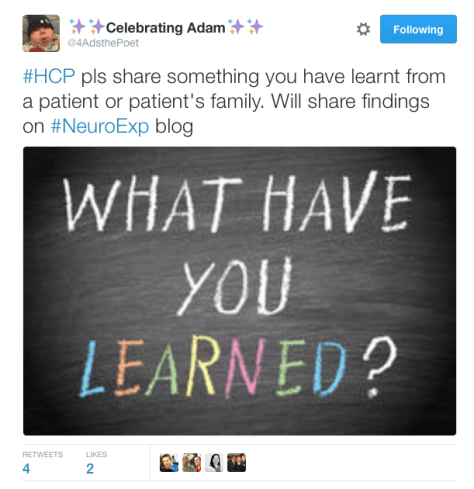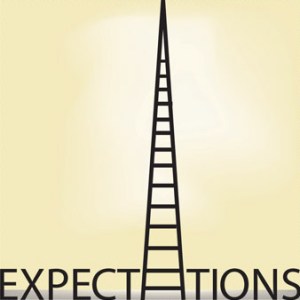This is the 108th #WILTW
It is an unintentional medical education paradigm that you tend to learn on patients rather than from them. This is especially true in the early years of training. As you gain in experience you start to encounter, or recognise situations, where a patient’s action itself can teach you something.
This happened to me during my neonatal intensive care placement. I had a few years behind me as a doctor and was in that dangerous phase where I didn’t know enough to know what I didn’t know…
I was covering the labour wards when I was fast bleeped to obstetric theatres. A mother was having an emergency caesarean section. I can’t remember the reason why but it was serious enough that she needed a general anaesthetic to expedite the procedure. As the baby, a boy, was delivered it was clear they had been struggling. He was limp, blue and making no effort to breathe. As he was placed on the resuscitaire I ran through the sequence of interventions to get oxygen into the babies lungs. This was the first time I had done this on my own. I’d been deemed competent to attend these situations independently; a senior only minutes away if needed. Having dried and stimulated him I felt a sense of relief as the air and oxygen delivered via a face mask caused his lungs to rise and fall in a rhythmical pattern. Shortly afterwards a pulse became obvious in the umbilical cord, and then suddenly, that precious cry of child who suddenly realises they have entered the world.
I was chuffed to bits and with the neonatal nurse we wrapped and swaddled him. The mother was still attached to an anaesthetic machine so I left the room to see the father. He looked stressed, anxious and upset all at once. I presented him with his son explaining what I had done. I was proud to have been able to provide what I thought had been expert care. I didn’t expect him to look annoyed:”How is my wife? Is she ok”
“But I’ve just saved your child’s life!” I thought. I muttered something about her needing to wake up from the anaesthetic. He took his son and rocked him in his arms. He looked worried. I felt disappointed.
I learnt a great deal from that interaction. This father was concerned about the most important person in his life and at that time it was his wife. I had not even considered that being a possibility. Not only understanding, but also predicting, what matters to patients and their family is vital. I also learnt humility. I had probably not done anything life saving. Just being able to do something independently does not make the act itself any more great. It may well have been the baby would have started breathing for itself anyway. We won’t know and it doesn’t matter.
Increasingly I learn new things not about patients’ clinical signs and symptoms but about their beliefs and expectations. I am of the mind that managing these well is far more important.
What have you learnt this week? #WILTW
You can now follow WILTW on Facebook by liking this page . Browse previous posts here or insert your e-mail address in the box on the right hand side to receive future posts.













